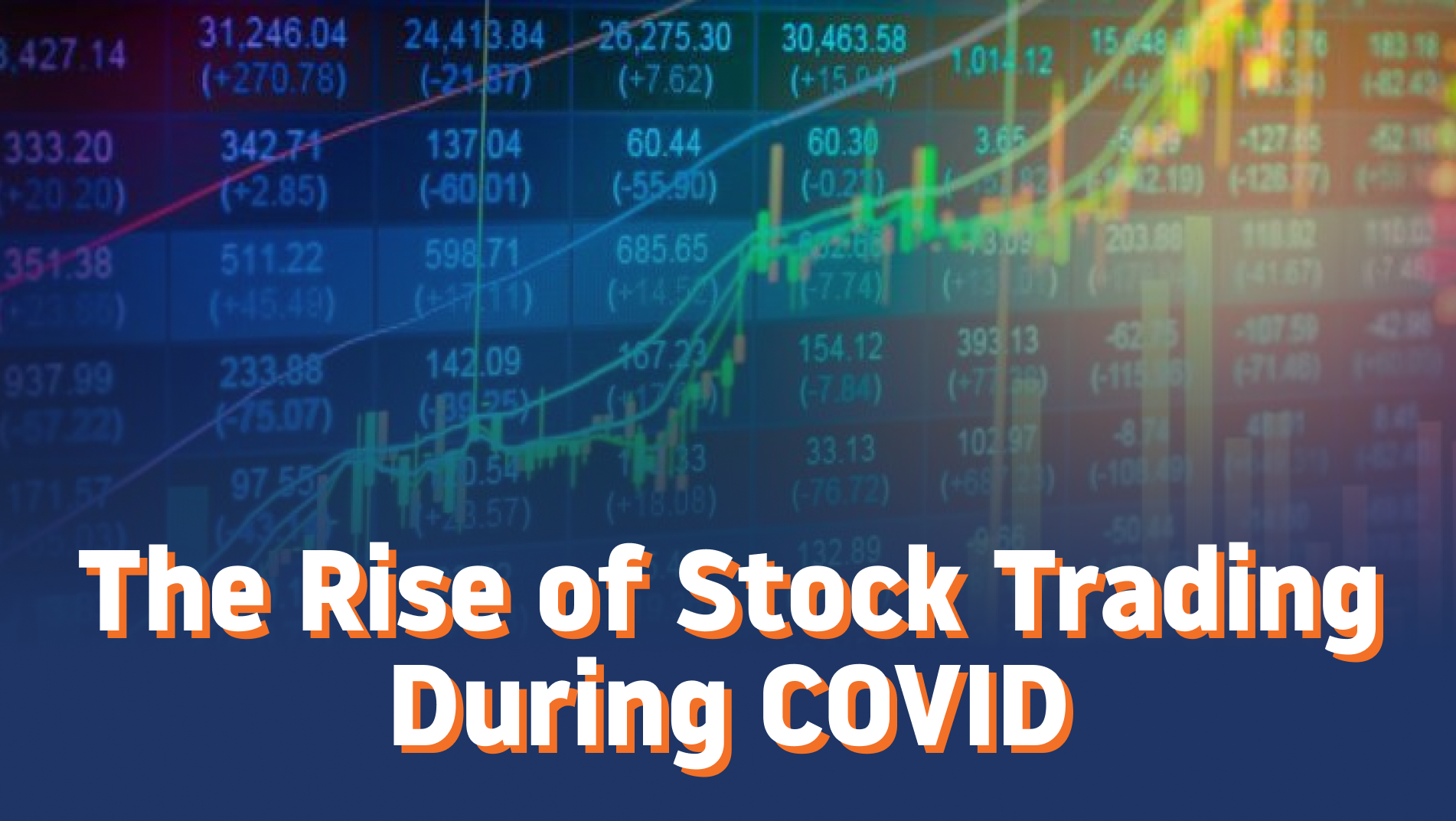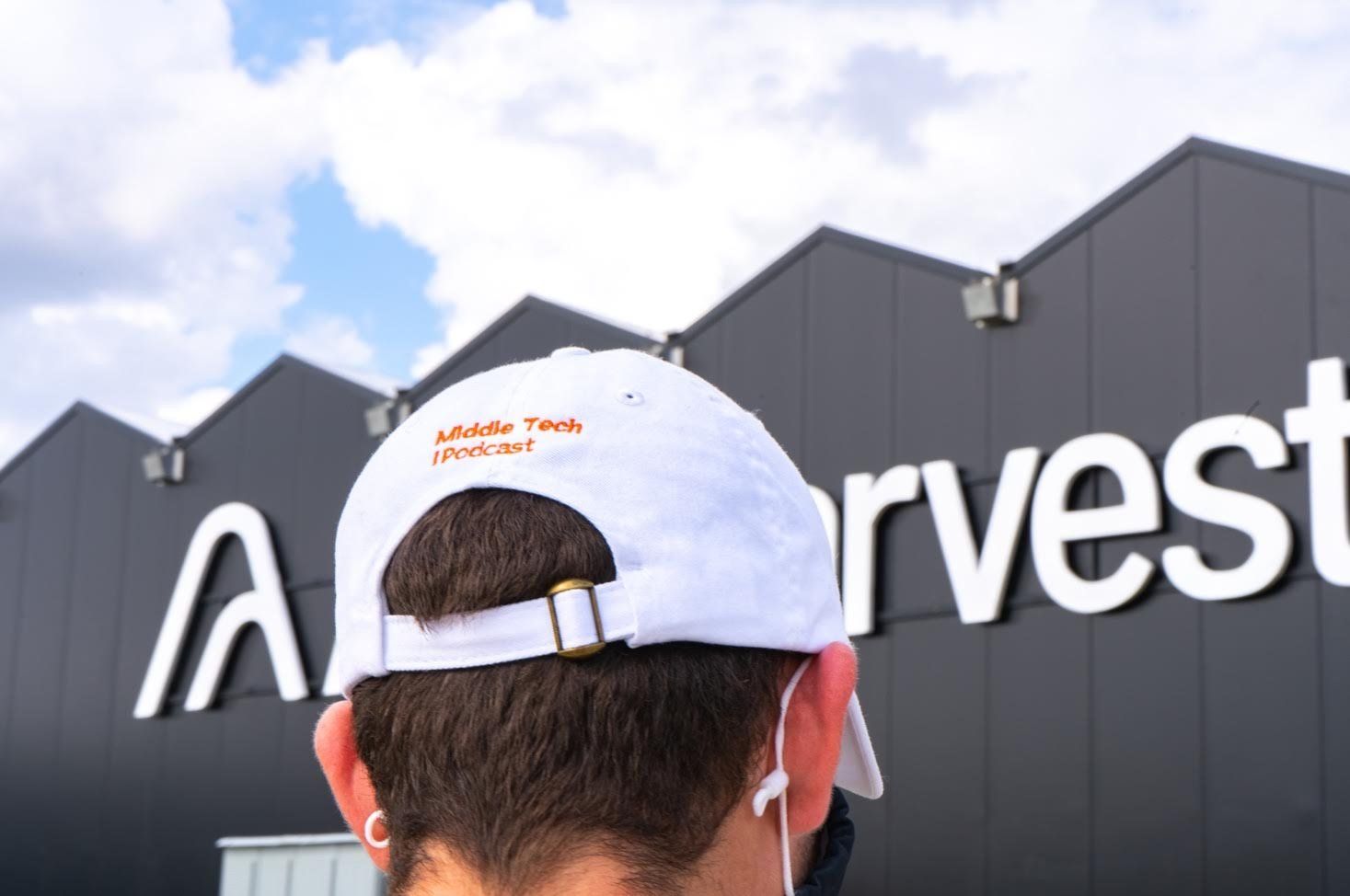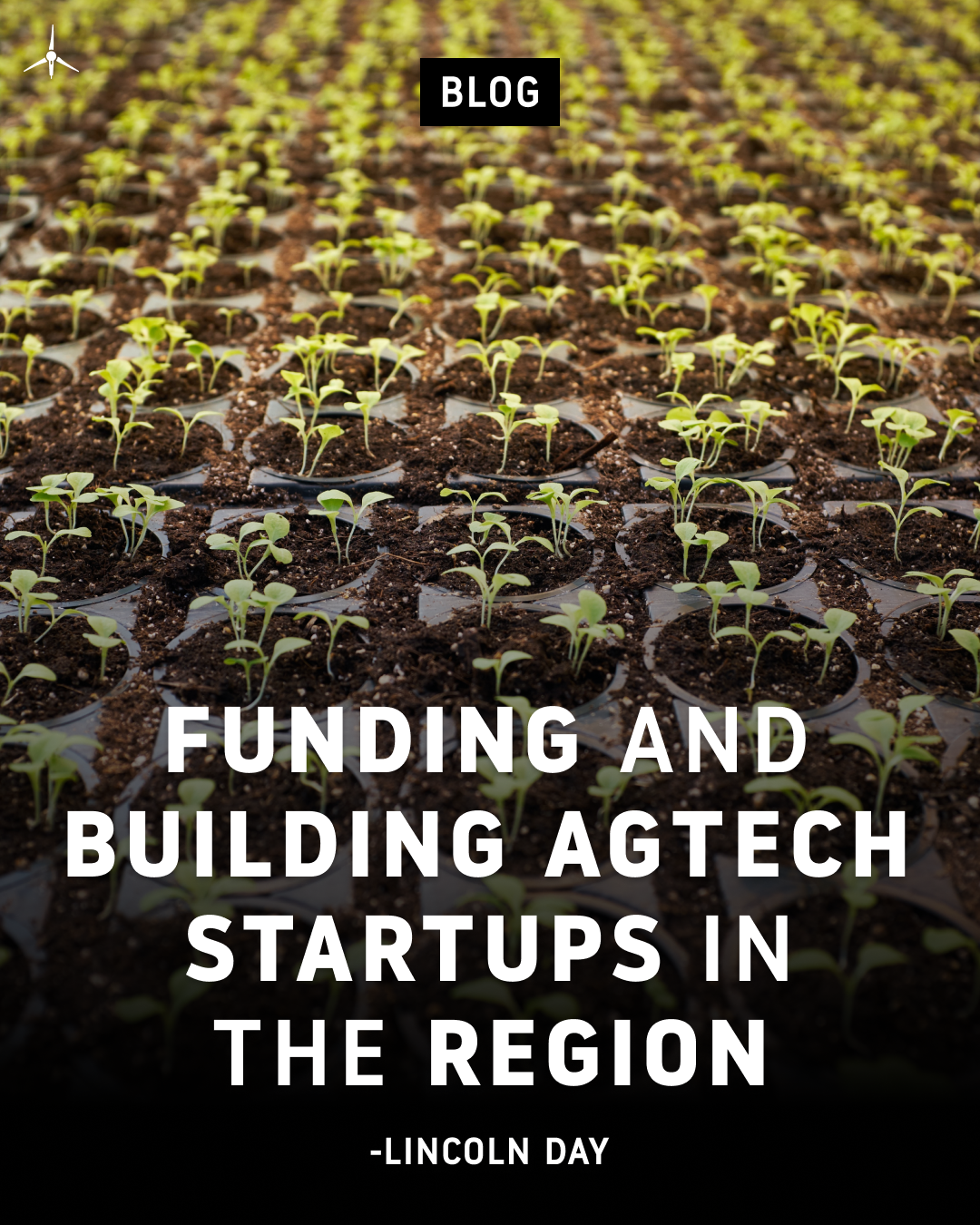The Rise of Stock Trading During COVID

COVID has changed the world in so many ways. Too many to count. One of those changes excites me but also worries me. I’m talking about the rise of stock trading. Millions of people around the world have begun trading stocks on apps like Robinhood or Cash App, so I wanted to take some time to address a few things I think are important to understand and consider. Things like why is trading taking off right now, what is going on in the market that is encouraging trading behavior, what is happening as a result of all this trading, and what new investors should to do to be responsible and successful.
Why is trading taking off right now?
Let’s list a few reasons why:
- Boredom - People now have a lot more time on their hands and are looking for ways to entertain themselves.
- No sports - People no longer have sports to watch and gamble on so they have looked for another exciting alternative.
- It’s become popular - Influencers such as Dave Portnoy have begun talking about it online
- Zero barriers to entry - Robinhood took the trading world by storm by introducing a no-fee trading app that is extremely easy to use. Prior to Robinhood, buying stocks was not free and done on clunky apps that were intimidating to most users.
- Stimulus checks - People are looking for ways to use their stimulus checks
- There is money to make - Very few people make money consistently while trading but it can be done.
What is Going on in the Broader Market?
The market has BOOMED since the COVID lows, especially technology. Why? For one, interest rates have gone to zero. This has forced people to look for alternative ways to get a return on their capital and right now equities are the best way to do that. Tech companies like Tesla, Square, Docusign, and others are getting access to cheap capital to grow their businesses.
It also goes without explaining that technology is a HUGE beneficiary of COVID. If a business wasn’t going digital before, they are now. This rapid transition online has caused the NASDAQ and tech companies to soar in comparison to the DOW and S&P 500. Some of the biggest COVID winners include Tesla, Square, Roku, Teladoc, Crowdstrike, Shopify, Amazon, Twilio, Stitchfix, Peloton, and Salesforce. All of these businesses are digital innovators.
On top of tailwinds behind the stock market, there is a lot going on in the real estate market driving this rise in trading as well. Because of supply chains, unemployment, the rise of remote work, and low housing inventory, real estate is difficult to invest in right now. This is just pushing more people into the stock market.
What is Happening as a Result?
Young people are flooding into the market because they want a piece of the action. With the market continuing to rise, new traders are getting a sense of false hope and success. Many are using money they don’t have to trade stocks or they are using large portions of their assets to risk on a stock going up. The video below paints the picture perfectly.
Look what you’ve created @federalreserve pic.twitter.com/sMPxh0epNI
— Ramp Capital (@RampCapitalLLC) January 17, 2021
To me, this video is scary. I’d love to think this is a joke but I have had several friends and people I know speak like this as well. Many have begun buying and selling stocks purely because they are consistently going up right now. This is a problem and there have been consequences.
For example, Richard Dobatse, a San Diego Navy medic, used Robinhood’s platform to ply $15,000 from a credit card advance, later augmented by home-equity loans, into over $1,000,000. But then he suffered severe losses, and his account fell to less than $7,000.
Another sad example is in June 2020, a University of Nebraska student named Alexander Kearns took his own life after (mistakenly) thinking that he had racked up a $730,000 loss on his Robinhood trading account. In a note that he had left on his computer, later posted by his cousin-in-law, he asked, plaintively, “How was a 20-year-old with no income able to get assigned almost a million dollars worth of leverage?”
What needs to happen going forward?
EDUCATION!!!
I do not want to discourage stock trading. I would rather push for more education because I have been there and done that. I started trading stocks my senior year of high school with the money I made in the summers. I traded for about three years and realized I wasn’t getting the crazy returns I had hoped for. There were extreme swings in my portfolio. One month my portfolio would be up 60% and the next month it would be down 10%. This went on long enough that I realized I needed to switch my strategy so I started studying. I want people to have that same experience (As long as they don’t blow all their money.) I traded stocks because I was uneducated. An educated person would not trade stocks because it doesn’t work long term. You might as well try to be a professional athlete. That’s how hard it is to consistently trade successfully to the point you make serious money.
What should new investors do?
- Study finance and accounting. Learn how to read financial statements. By doing this you will understand the actual value, growth potential, and risks involved with that company. A great place to start is getting familiar with balance sheets, income statements, and popular metrics like price to earnings ratios and price to sales ratios.
- Have a long-term mindset. Most people don’t make money in the short term but most people make money in the long term. Plan on holding your stocks for more than six months at the least. You should buy a stock with the intention to own it forever unless something significant changes with that company's strategy.
- Keep an investment journal. When you find a company you are interested in, throw all your research into a google document to reference. This will force you to aggregate information and ideas. Once you have it all written down, you can weigh the pros and cons.
- Invest in what you know or want to know more about. You should invest in things you are naturally curious about and understand. This allows you to remain focused and motivated, see things other people can’t, and force yourself to learn.
- Diversify your portfolio. Figure out your risk tolerance and diversify accordingly. Depending on your age, risk can be a great thing. Personally, I lean into more risk because of my young age and personal goals.
While there are serious worries I have related to the flood of traders, overall, I’m excited. I think this will bring much-needed attention to finance and encourage more people to learn and have some ownership in their portfolio.









